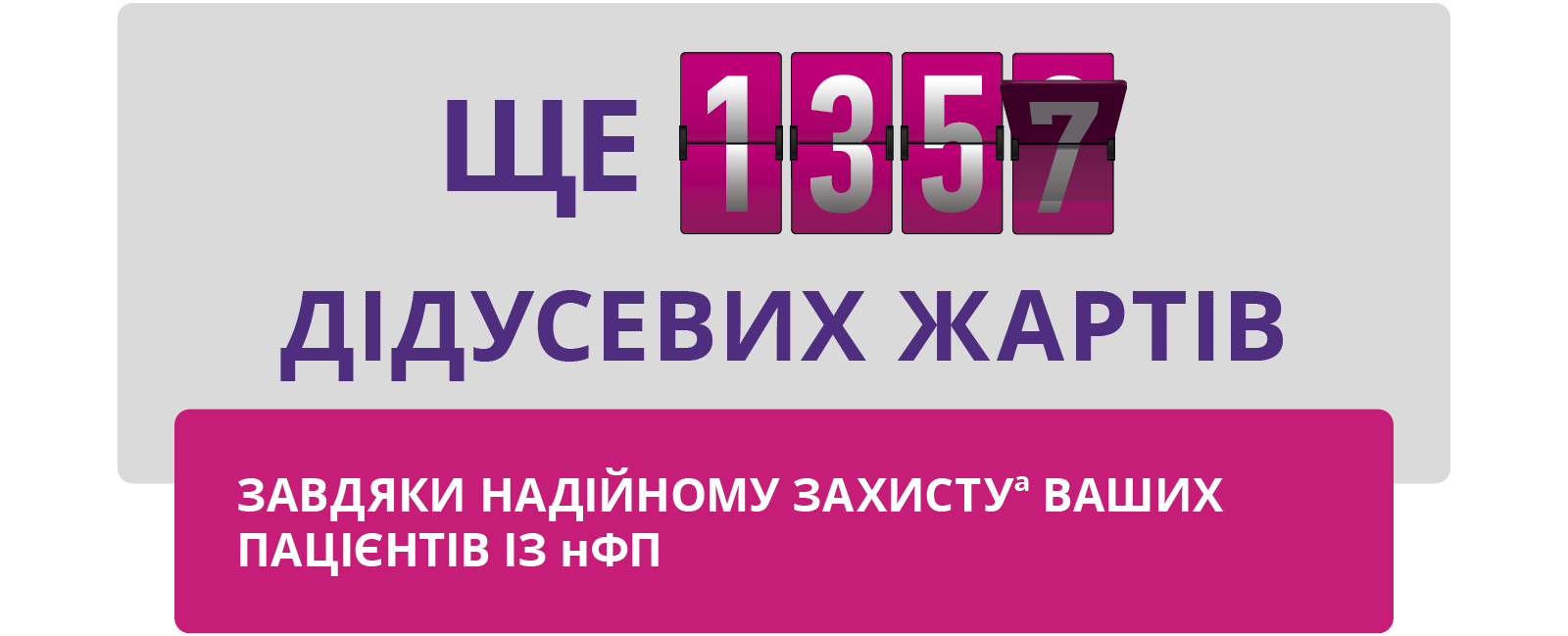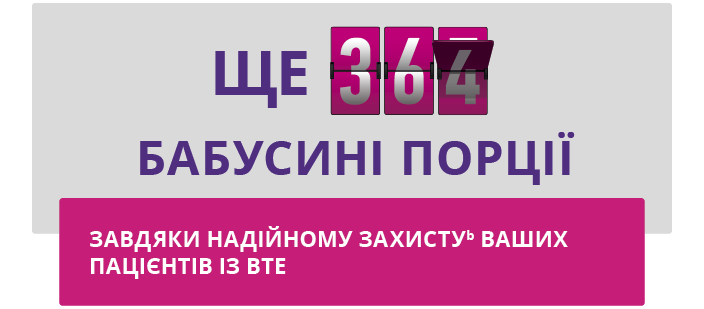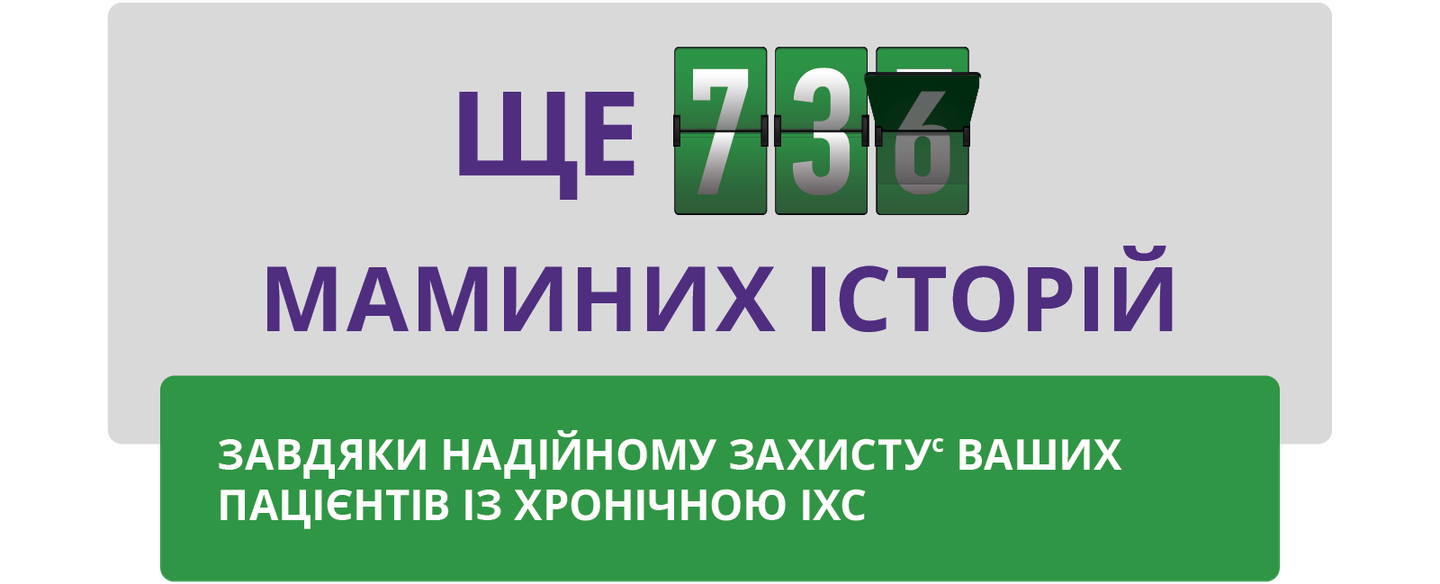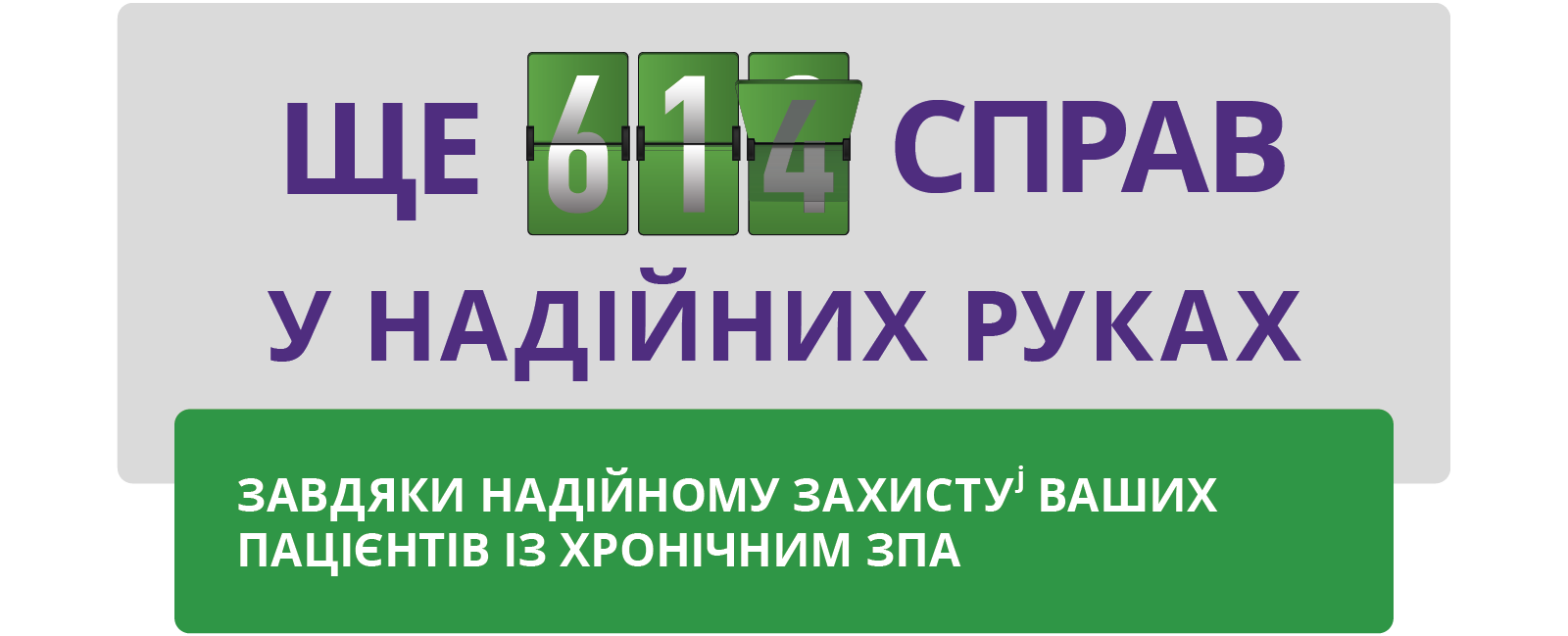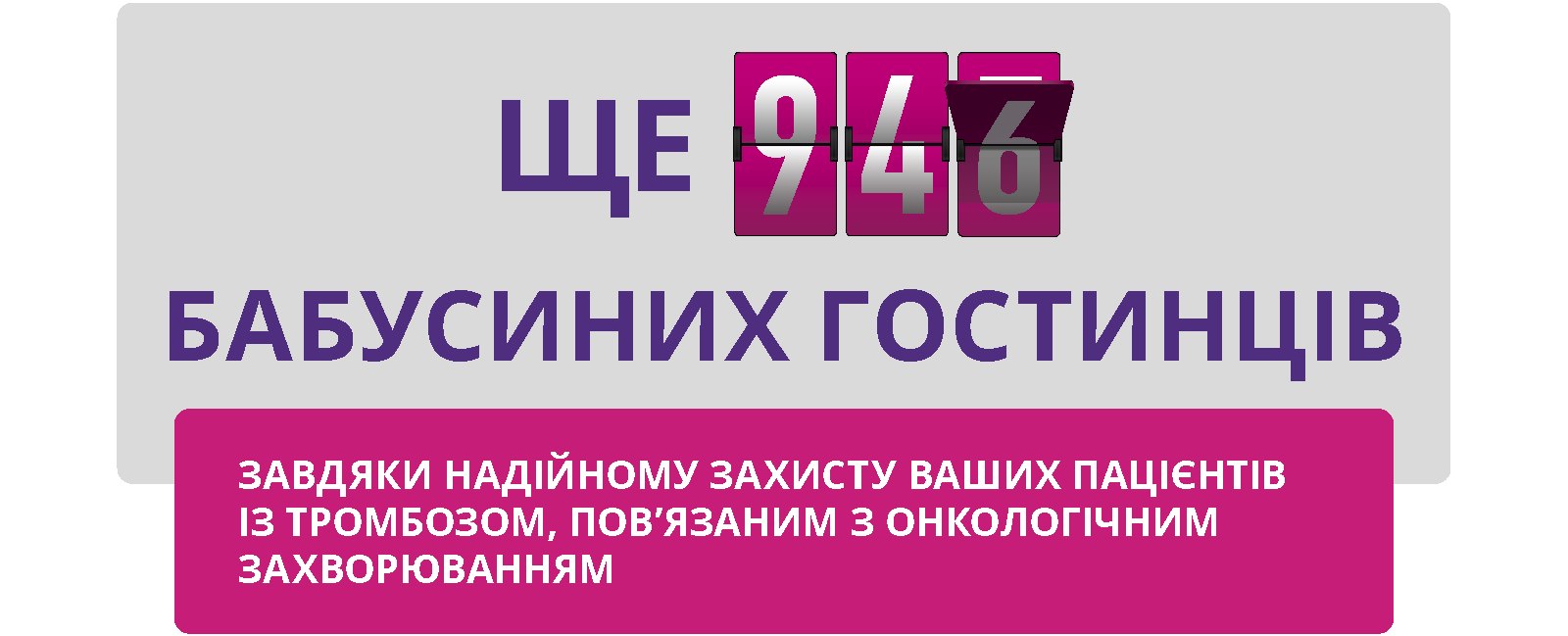Clinical Studies – Targeting Acute and Chronic Thromboembolic Disorders
ATLAS ACS TIMI 51: a Phase 3 Study to Evaluate the Efficacy and Safety of Xarelto® in the Secondary Prevention of ACS
ATLAS ACS 2 TIMI 51:
Secondary Prevention in Acute Coronary Syndrome
ATLAS is the abbreviation for Anti-Xa Therapy to Lower cardiovascular events in addition to Aspirin with/without thienopyridine therapy in Subjects with Acute Coronary Syndrome (ACS). It is an umbrella term for the clinical study programme of rivaroxaban in the secondary prevention of ACS. The ATLAS study programme enrolled more than 19,000 patients.1 Based on the study results of ATLAS ACS TIMI 46, a randomised, double-blind, placebo-controlled, multicentre, dose-escalation study, rivaroxaban doses of 2.5 mg and 5 mg twice daily were selected for further evaluation in the Phase 3 ATLAS ACS 2 TIMI 51 study based on their favourable benefit–risk profile.
Objectives2
There were 2 main objectives of ATLAS ACS 2 TIMI 51:
- To evaluate the ability of rivaroxaban to reduce the incidence of cardiovascular death, myocardial infarction (MI) or stroke in patients with recent ACS treated with aspirin alone or aspirin plus a thienopyridine
- To evaluate the safety of rivaroxaban in patients with recent ACS treated with aspirin alone or aspirin plus a thienopyridine
Rivaroxaban was evaluated for safety and tolerability based on adverse events, clinical laboratory test, electrocardiograms, vital signs measurements and bleeding events.
Study design2
The study was randomised, event-driven, placebo-controlled and double-blinded, and a total of 15,526 patients with a recent ACS event were enrolled. All patients received standard antiplatelet therapy of low-dose aspirin with or without a thienopyridine, such as clopidogrel. In addition, patients were randomised to receive one of the following regimens for at least 6 months.
- Rivaroxaban one 2.5 mg tablet, twice daily
- Rivaroxaban one 5 mg tablet, twice daily
- Placebo one tablet, twice daily
Endpoints2
- The primary efficacy endpoint was the composite of cardiovascular death, MI or stroke (ischaemic, haemorrhagic or stroke of uncertain cause)
- The primary safety endpoint was Thrombolysis in Myocardial Infarction (TIMI) major bleeding events not associated with coronary artery bypass grafting
PP-XAR-ALL-1820-1
References
- A Randomized, Double-Blind, Placebo-Controlled, Event-Driven Multicenter Study to Evaluate the Efficacy and Safety of Rivaroxaban in Subjects With a Recent Acute Coronary Syndrome. Available at http://clinicaltrials.gov/ct2/show/NCT00809965. Accessed 2 November 2010 A Randomized, Double-Blind, Placebo-Controlled, Event-Driven Multicenter Study to Evaluate the Efficacy and Safety of Rivaroxaban in Subjects With a Recent Acute Coronary Syndrome. Available at http://clinicaltrials.gov/ct2/show/NCT00809965. Accessed 2 November 2010 Return to content
- Mega JL et al. NEJM 2012;366:9-19. Return to content
